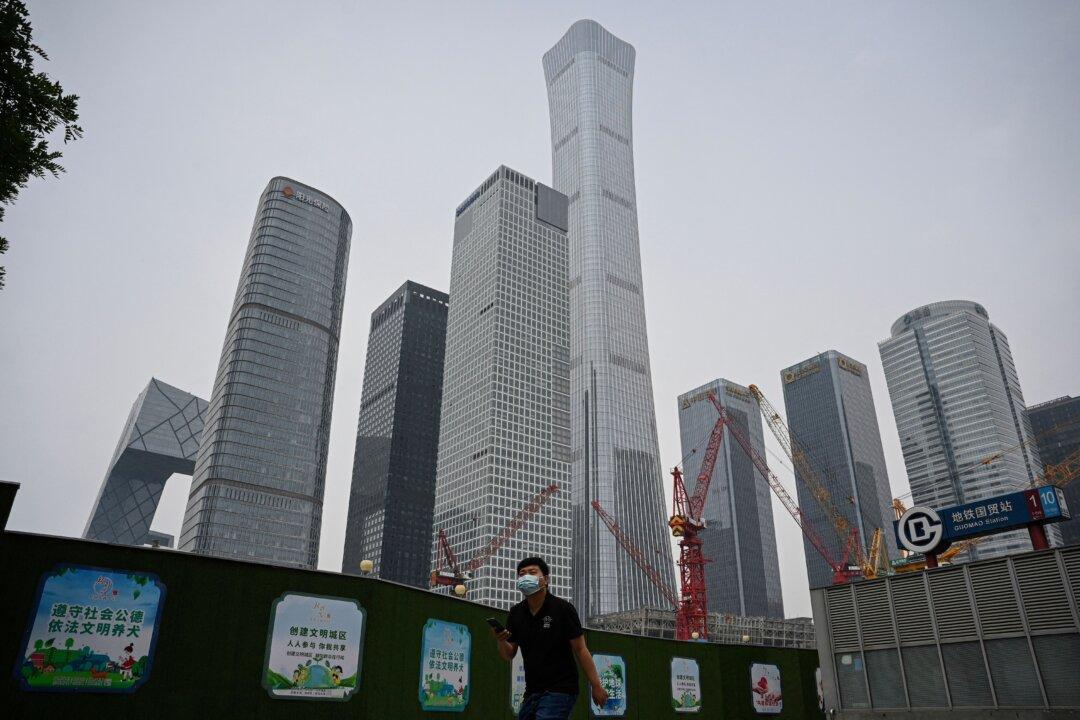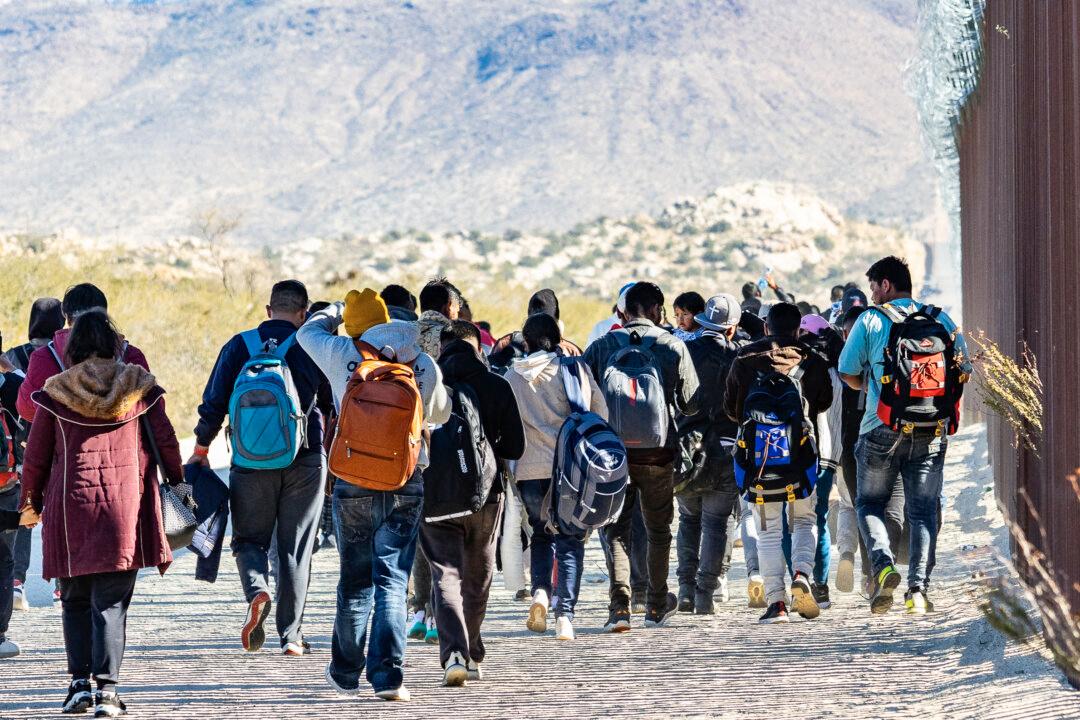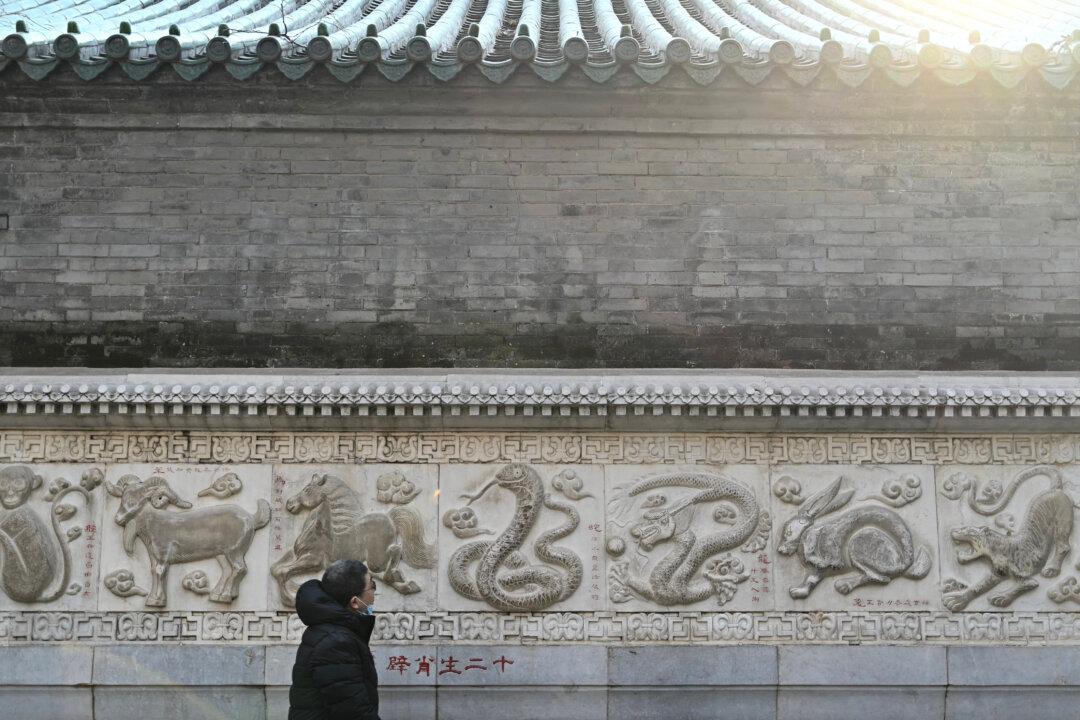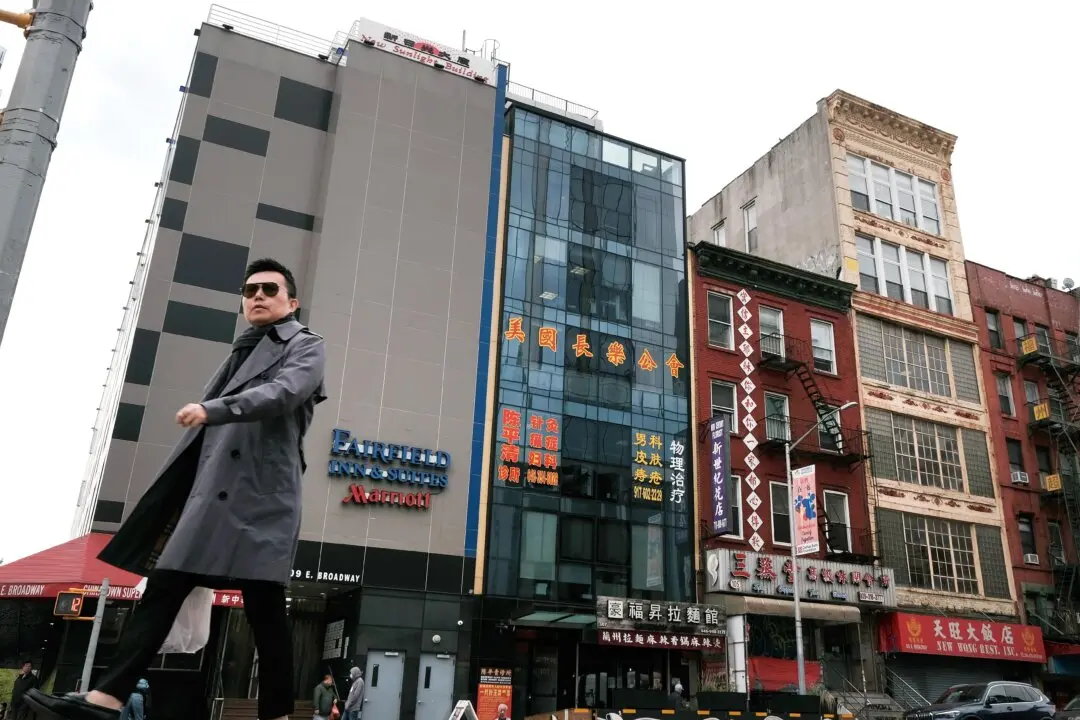Commentary
The debate between supporters of authoritarian communism (or Marxism) and free market capitalism has been raging for over 100 years. The pro-communist clique claims that although communism has failed everywhere it has been tried, if the “right communists create the right conditions in a country,” then it will deliver egalitarian largesse for everyone. The Chinese Communist Party (CCP) is the latest incarnation that is attempting to defy human nature and thwart catastrophic failure.





